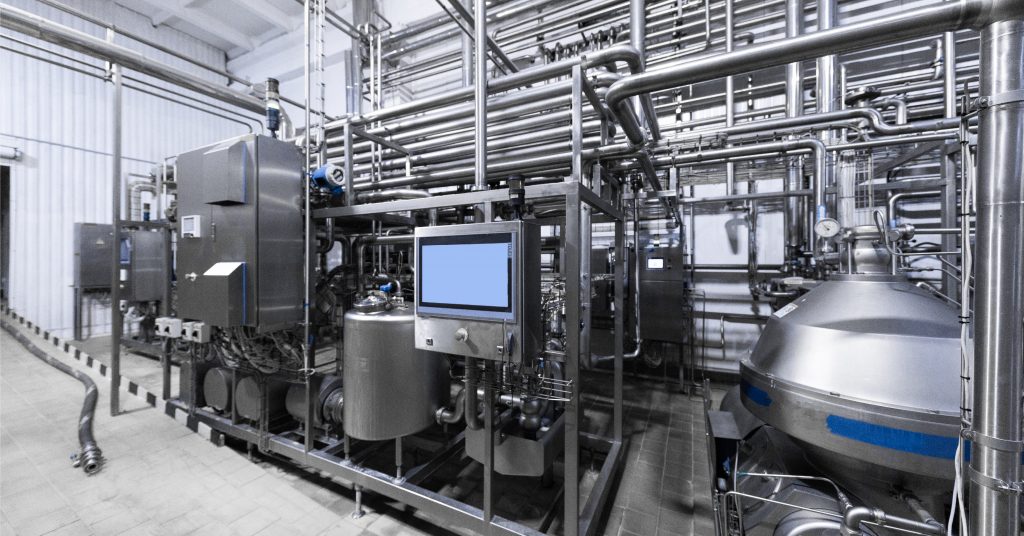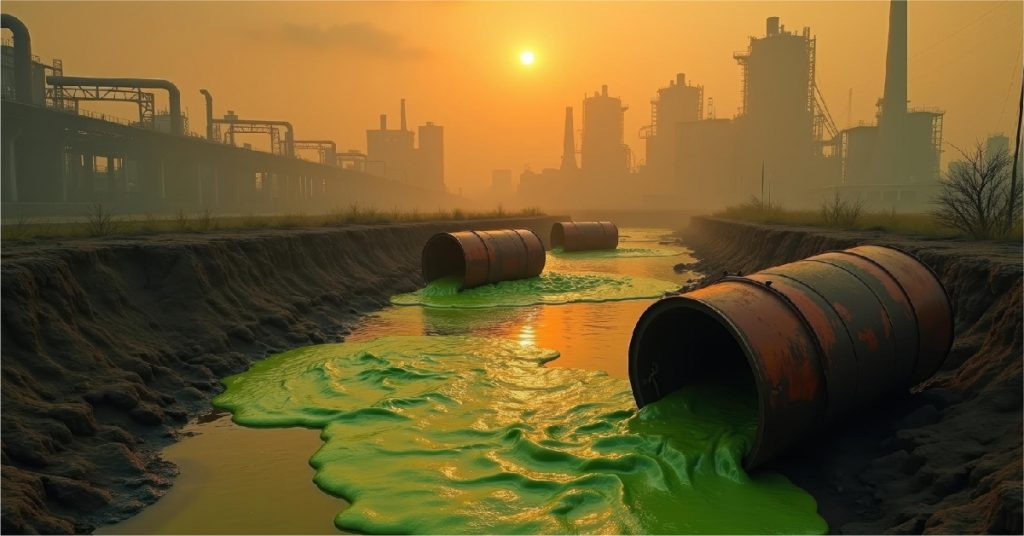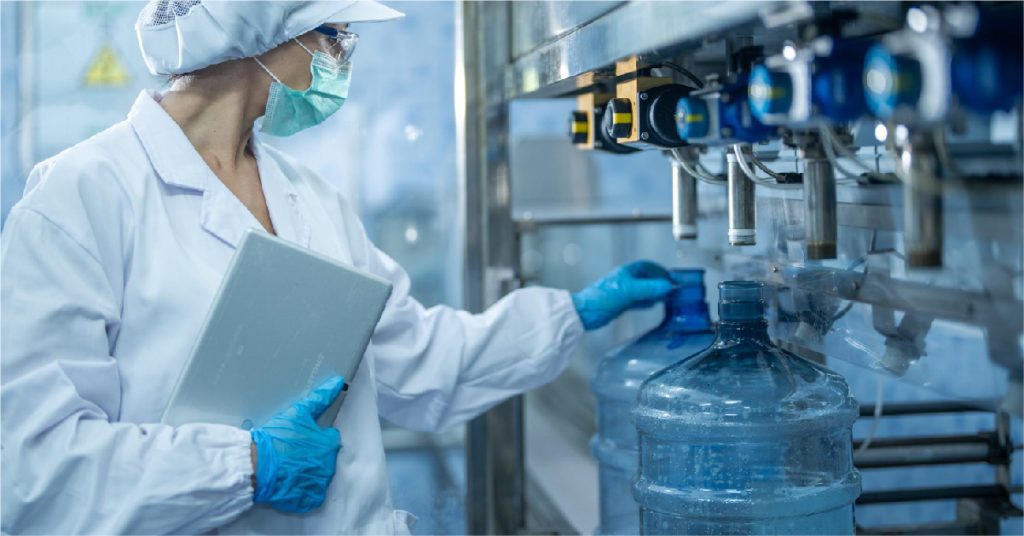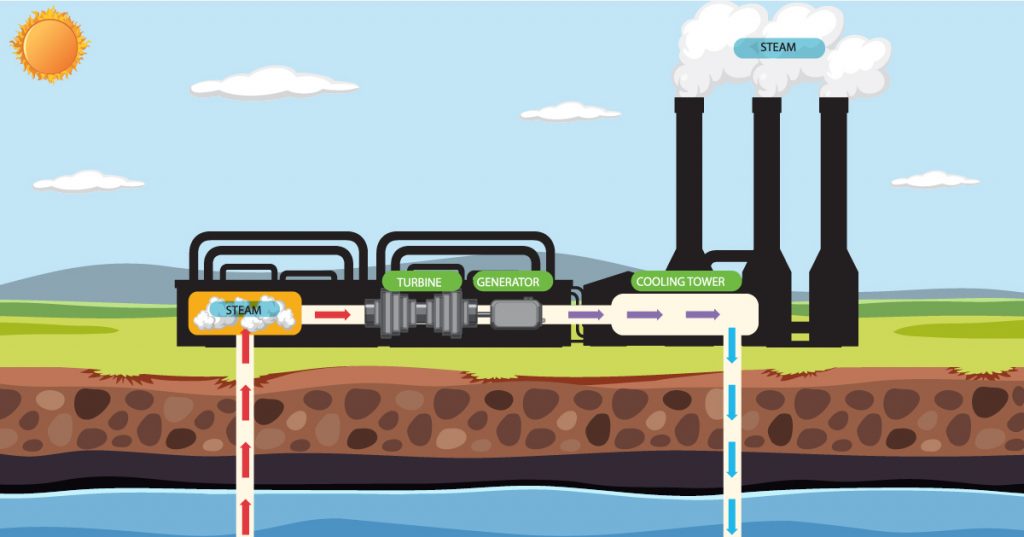Flocculation is a fundamental process in water treatment, ensuring clean and safe water for various applications. This process involves aggregating suspended particles into larger clumps, known as flocs, which can be easily separated from liquids.
In Singapore, a nation known for its commitment to advanced water treatment technologies, flocculation is essential to maintaining water quality and sustainability. The city-state’s geographical and environmental context necessitates effective water treatment solutions, making flocculation a cornerstone of its water management strategy.
Singapore’s commitment to water innovation has led to the development and adoption of cutting-edge flocculation techniques, making it a leader in the field. This blog will explore the principles of flocculation, its importance in Singapore’s flocculation water treatment landscape, and its applications across various industries, emphasizing the role of flocculants in enhancing water quality.
Understanding Flocculation
Flocculation is a chemical process that facilitates the removal of suspended particles from liquids by inducing them to form aggregates or flocs. This process is vital in water treatment because it allows for the efficient separation of impurities, improving water clarity and quality. Flocculation involves adding specific chemicals, known as flocculants, to the liquid to help bind and aggregate the suspended particles.
The Chemical Process of Flocculation
Flocculation involves the addition of flocculants to a liquid containing suspended particles. These flocculants interact with the particles, neutralizing their charges and allowing them to come together to form larger aggregates or flocs. The process typically follows these steps:
- Coagulation: The initial step involves adding coagulants, which neutralize the charges on the particles, reducing repulsion and enabling aggregation
- Flocculation: Flocculants are then added to facilitate the aggregation of neutralized particles into larger flocs. Gentle mixing ensures that particles collide and stick together, forming visible flocs
- Sedimentation or Filtration: The formed flocs settle at the bottom of the container due to their increased size and weight, or they are removed through filtration.
Flocculation Techniques in Water Treatment
Flocculation is a key component of various water treatment processes, each tailored to specific applications and requirements:
Flocculation for Drinking Water Treatment
Flocculant for drinking water is used to remove impurities, such as suspended solids, bacteria, and organic matter, to ensure safe and clean drinking water. The process typically involves the following steps:
- Coagulation and Flocculation: Coagulants and flocculants are added to the raw water to facilitate the aggregation of impurities into flocs.
- Sedimentation: The formed flocs settle at the bottom of the sedimentation tank, leaving clear water above.
- Filtration: The clarified water passes through filters to remove any remaining particles.
- Disinfection: The filtered water is disinfected to eliminate any remaining pathogens.
Flocculation in Wastewater Treatment
Flocculation plays a vital role in wastewater treatment, facilitating the removal of contaminants and pollutants from industrial and domestic wastewater. The process involves the following steps:
- Primary Treatment: Flocculants are added to wastewater to aggregate suspended solids and organic matter into flocs.
- Sedimentation: The formed flocs settle at the bottom of the treatment tanks, allowing for the separation of sludge and clarified water.
- Secondary Treatment: Biological processes further treat the clarified water to remove dissolved organic compounds.
- Tertiary Treatment: Advanced treatment methods, such as membrane filtration or chemical precipitation, may be employed to achieve higher water quality standards.
Bilge Water Flocculant Applications
Bilge water, a mixture of water, oil, and other contaminants, is a significant environmental concern for maritime industries. Flocculation is employed to treat bilge water and ensure compliance with environmental regulations. The process involves:
- Oil-Water Separation: Flocculants are added to the bilge water to facilitate the aggregation of oil droplets into larger flocs.
- Floc Settling: The formed oil flocs settle at the bottom of the treatment tank, allowing for the separation of oil and water.
- Water Discharge: The treated water is discharged, meeting environmental standards.
Applications of Flocculation Across Different Industries
Flocculation is a versatile process with applications across various industries in Singapore, each benefiting from its ability to improve water quality and process efficiency.
Food and Beverage Industry
In the food and beverage industry, flocculation removes impurities and enhances product quality. Flocculants are used to clarify beverages, remove solids from fruit juices, and treat processed water. Natural flocculants are often preferred due to their eco-friendly nature and compatibility with food safety standards.
Chemical and Pharmaceutical Industry
The chemical and pharmaceutical industries use flocculation to treat wastewater and recover valuable materials. Flocculants are employed to remove suspended solids, heavy metals, and organic compounds from industrial effluents. Organic flocculants are favored for their efficiency in binding specific contaminants, ensuring compliance with environmental regulations.
Construction Industry
In the construction industry, flocculation is used to treat wastewater from construction sites and quarries. Flocculants help remove suspended solids and turbidity, preventing soil erosion and minimizing environmental impact. The use of flocculation techniques ensures that construction activities adhere to environmental standards and maintain water quality.
Ion Exchange’s Role in Advancing Flocculation Techniques in Singapore
Ion Exchange is Singapore’s leading company in water and environment management, recognized for its strong global presence and commitment to providing innovative solutions. With a deep understanding of application requirements and exceptional service support, Ion Exchange delivers customized, one-stop solutions across diverse industries, effectively addressing complex flocculation water treatment needs.
INDFLOC Solid-Liquid Separation Solutions
- INDFLOC Flocculants include synthetic anionic and cationic polymers designed for the primary treatment of sewage and industrial effluents, as well as sludge conditioning and clarification. These flocculants are also highly effective in treating effluents from mining, ceramic, and mineral processing industries, along with sugar clarification processes. It offers emulsions that enable faster flocculation with lower dosages, enhancing efficiency in wastewater and process water applications.
-
INDFLOC Natural Flocculants: are natural, biodegradable, and sustainable solutions tailored for various applications, such as the treatment of municipal and industrial wastewater, clarification of sugarcane juice, and effluent treatment in textiles and tanneries. These eco-friendly flocculants offer a sustainable approach to water treatment, ensuring minimal environmental impact while maintaining high efficiency.
Ion Exchange’s expertise in designing and commissioning water and wastewater treatment plants allows them to deliver solutions that are environmentally friendly, efficient, and cost-effective. By leveraging cutting-edge technology and innovative techniques, Ion Exchange ensures that its flocculation water treatment solutions meet the highest industry standards, providing significant value to its clients across multiple sectors.
Conclusion
Flocculation is a vital process in water treatment, ensuring clean and safe water for various applications. In Singapore, a nation committed to advancing flocculation water treatment technologies, it is essential to maintain water quality and sustainability. The diverse applications of flocculation across industries such as food and beverage, chemical and pharmaceutical, and construction highlight its versatility and importance.
Singapore’s commitment to water innovation and the adoption of advanced flocculation techniques position it as a leader in the field. The continued development of flocculant formulations and application methods promises to enhance water treatment processes, improve environmental sustainability, and drive economic growth.





